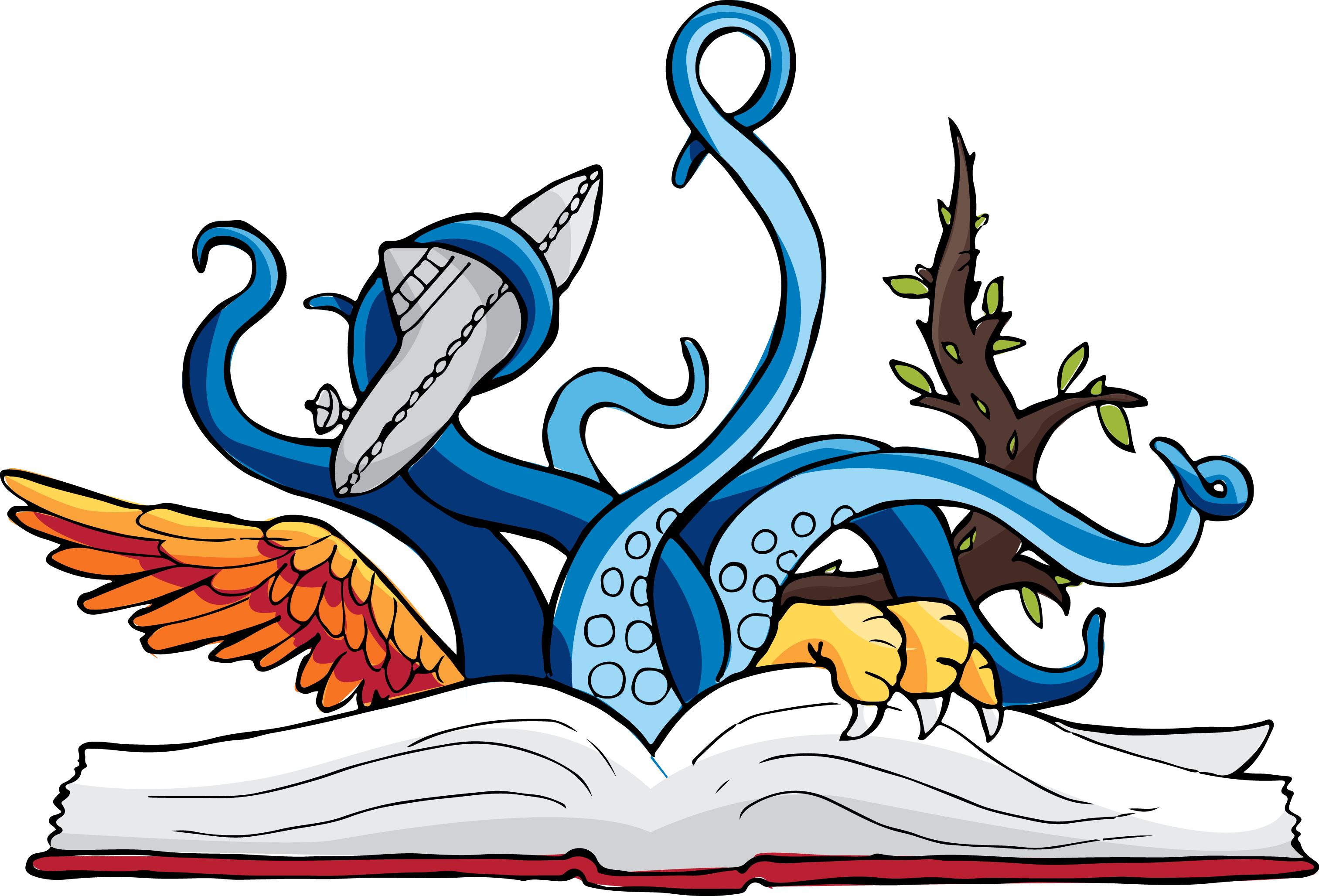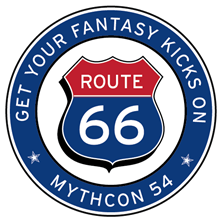Loading...
Location
Albuquerque, NM
Document Type
Paper
Event Website
https://www.mythsoc.org/mythcon/mythcon-52.htm
Start Date
31-7-2022 10:00 AM
End Date
31-7-2022 10:50 AM
Description
C. S. Lewis lived through numerous significant historic events. Notably, he was alive during the space race and spoke to the potential philosophical and ethical dilemmas that may arise through space travel, especially concerning contact with ‘alien’ life. While the idea may be found in other parts of his oeuvre, Lewis explicitly considers space travel and contact with aliens in The Cosmic Trilogy. His texts offer unique perspectives on space travel that is not centric to the earth-born ‘human,’ rather it notes man’s destructive attitudes towards progress and the potential harms man may enact on other sentient beings and environments without a proper ethical framework in place. This paper seeks to introduce reading bodies at the intersection of the ‘alien’ and environmental bioethics due to their shared consideration of bodies fraught with ethical dilemmas. In Lewis’ Cosmic Trilogy the body appears to symbiotically relate to the environment: unnatural, ‘evil’ bodies exist in polluted and degenerated environments, while the reverse holds true as well. Throughout the series, the bodies of Weston and Devine are situated as ‘alien’, ‘evil’, and ‘corrupted’. For instance, in Out of the Silent Planet rather than the Martians, the men Weston and Devine attempt to wreak havoc and destruction throughout Mars due to their colonial endeavours. Their attitudes are juxtaposed by the symbiotic nature of the ‘alien’ ‘Hnau’ (sentient beings) of Malacandra (Mars). The text clarifies that through an ethical framework the ‘Hnau’ retain balance through the symbiotic space inhabited by the ‘uncorrupted’ beings contrasted by the devastated landscape where unethical beings once lived. Thus, bodies are presented as the incarnate evidence of beings functioning or existing ‘un-bioethically’ in the environment. Furthermore, in Perelandra, Weston’s ‘corrupted’ body is possessed and attempts to harm the ethical and ecological balance of Venus, which ultimately culminates in the destruction of his body due to bioethical err. In the final book of the series, That Hideous Strength, Devine is engaged in the N.I.C.E.’s plot against all bodies including the ‘alien,’ human, animal, and earth that means to ‘cleanse’ the world of their organic matter. This paper shall provide an environmental bioethical examination of the ‘alien’ figures in The Cosmic Trilogy and draw insights therein.
Creative Commons License

This work is licensed under a Creative Commons Attribution-NonCommercial-No Derivative Works 4.0 International License.
Included in
The Environmental Bioethics of Space Travel: ‘Alien’ Bodies in C. S. Lewis’ Cosmic Trilogy
Albuquerque, NM
C. S. Lewis lived through numerous significant historic events. Notably, he was alive during the space race and spoke to the potential philosophical and ethical dilemmas that may arise through space travel, especially concerning contact with ‘alien’ life. While the idea may be found in other parts of his oeuvre, Lewis explicitly considers space travel and contact with aliens in The Cosmic Trilogy. His texts offer unique perspectives on space travel that is not centric to the earth-born ‘human,’ rather it notes man’s destructive attitudes towards progress and the potential harms man may enact on other sentient beings and environments without a proper ethical framework in place. This paper seeks to introduce reading bodies at the intersection of the ‘alien’ and environmental bioethics due to their shared consideration of bodies fraught with ethical dilemmas. In Lewis’ Cosmic Trilogy the body appears to symbiotically relate to the environment: unnatural, ‘evil’ bodies exist in polluted and degenerated environments, while the reverse holds true as well. Throughout the series, the bodies of Weston and Devine are situated as ‘alien’, ‘evil’, and ‘corrupted’. For instance, in Out of the Silent Planet rather than the Martians, the men Weston and Devine attempt to wreak havoc and destruction throughout Mars due to their colonial endeavours. Their attitudes are juxtaposed by the symbiotic nature of the ‘alien’ ‘Hnau’ (sentient beings) of Malacandra (Mars). The text clarifies that through an ethical framework the ‘Hnau’ retain balance through the symbiotic space inhabited by the ‘uncorrupted’ beings contrasted by the devastated landscape where unethical beings once lived. Thus, bodies are presented as the incarnate evidence of beings functioning or existing ‘un-bioethically’ in the environment. Furthermore, in Perelandra, Weston’s ‘corrupted’ body is possessed and attempts to harm the ethical and ecological balance of Venus, which ultimately culminates in the destruction of his body due to bioethical err. In the final book of the series, That Hideous Strength, Devine is engaged in the N.I.C.E.’s plot against all bodies including the ‘alien,’ human, animal, and earth that means to ‘cleanse’ the world of their organic matter. This paper shall provide an environmental bioethical examination of the ‘alien’ figures in The Cosmic Trilogy and draw insights therein.
https://dc.swosu.edu/mythcon/mc52/schedule/13



Comments
Paper: Journee Cotton
The Environmental Bioethics of Space Travel: ‘Alien’ Bodies in C. S. Lewis’ Cosmic Trilogy
Tech Mod: Jessica Dickinson Goodman